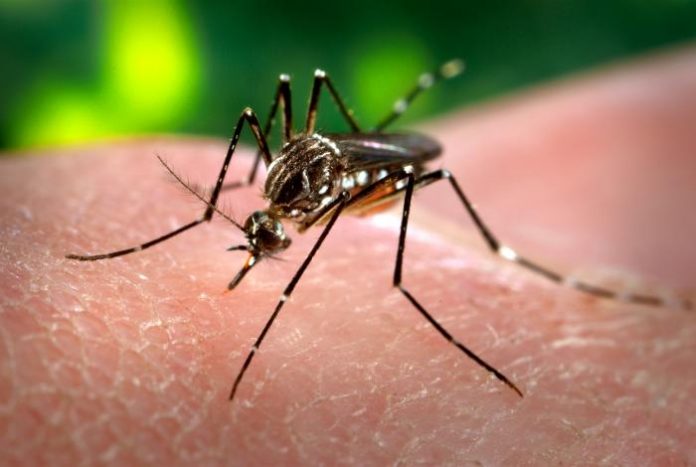Limiting global warming below 1.5 degrees Celsius would stop dengue spreading to areas where incidence is currently low, a study said.
Dengue is the fastest growing mosquito-borne disease across the world today, causing nearly 400 million infections every year,health news reported.
According to the World Health Organization (WHO), in the last 50 years, dengue has spread from being present in a handful of countries to being endemic in 128 countries and its incidence has increased 30-fold in this time period.
The findings showed that limiting global warming to 2 degrees Celsius, could reduce dengue cases by up to 2.8 million cases per year by the end of the century compared to a scenario in which the global temperature rises by 3.7 degrees Celsius.
A global warming trajectory of 3.7 degrees Celsius could lead to an increase of up to 7.5 million additional cases per year by the middle of this century.
Limiting warming further to 1.5 degrees Celsius, produces an additional drop in cases of up to half a million per year.
“There is growing concern about the potential impacts of climate change on human health. While it is recognised that limiting warming to 1.5 degrees Celsius would have benefits for human health, the magnitude of these benefits remains mostly unquantified,” said Felipe Colon-Gonzalez, from the University of East Anglia in Britain’s Norwich.
“This is the first study to show that reductions in warming from 2 degrees Celcius to 1.5 degrees Celcius could have important health benefits,” he added.
The Paris Climate Agreement aims to hold global-mean temperature well below 2 degrees Celsius and to pursue efforts to limit it to 1.5 degrees Celsius above preindustrial levels.
“Warming has already reached 1 degrees Celsius above pre-industrial levels, and the current trajectory, if countries meet their international pledges to reduce carbon dioxide (CO2), is around 3 degree celcius — so clearly a lot more needs to be done to reduce CO2 and quickly if we are to avoid these impacts,” noted Iain Lake, from the UEA.
For the study, the team studied clinical and laboratory confirmed dengue reports in Latin America and used computer models to predict the impacts of warming under different climate scenarios.
Dengue symptoms include fever, headache, muscle and joint pain. There is no specific treatment or vaccine for dengue and in rare cases, it can be lethal.





